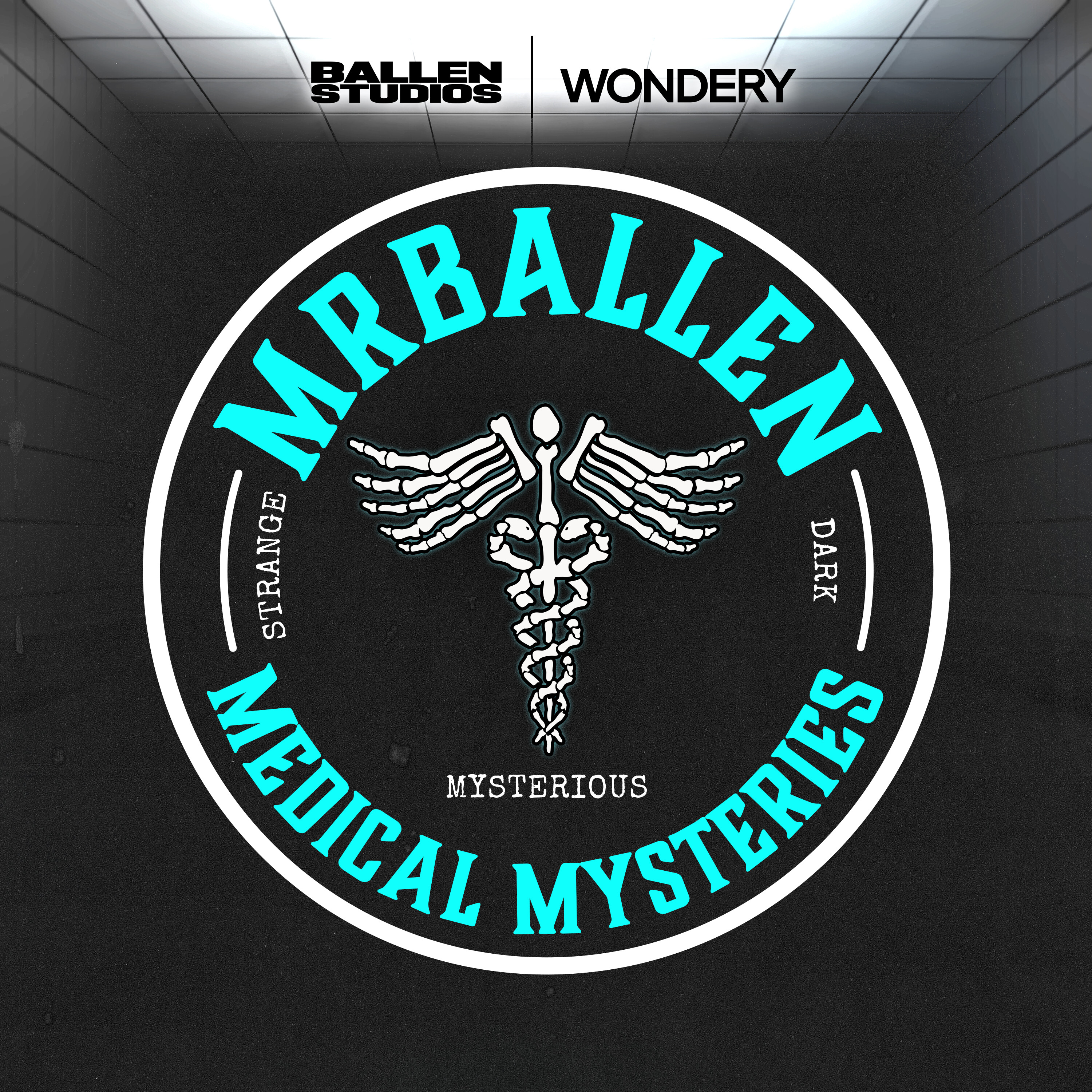Ep. 85 | Maximum Volume
After a successful overseas tour, an American rock guitarist comes home with a troubling affliction. All of a sudden, his hearing is extremely sensitive – like everything is turned up to 11. When it doesn’t go away, he’s forced to give up everything he loves, including music. Trapped in his own personal hell, he desperately tries to find an answer before it becomes too much to bear.
Be the first to know about Wondery’s newest podcasts, curated recommendations, and more! Sign up now at https://wondery.fm/wonderynewsletter
Follow MrBallen's Medical Mysteries on Amazon Music, the Wondery App or wherever you get your podcasts. New episodes publish for free every Tuesday. Prime members can listen to new episodes early and ad-free on Amazon Music. Or, you can listen episodes early and ad-free on Wondery+. Start your free trial in the Wondery App, Apple Podcasts, Spotify or by visiting https://wondery.com/links/mrballens-medical-mysteries/ now.
See Privacy Policy at https://art19.com/privacy and California Privacy Notice at https://art19.com/privacy#do-not-sell-my-info.
Press play and read along
Transcript
Transcript is processing—check back soon.
